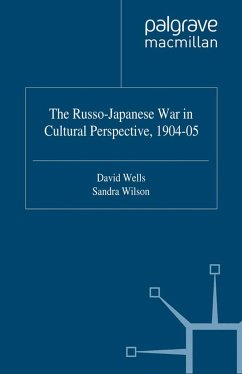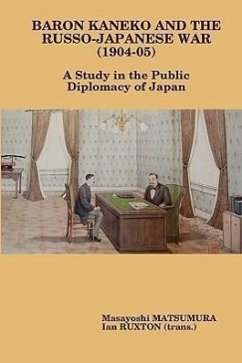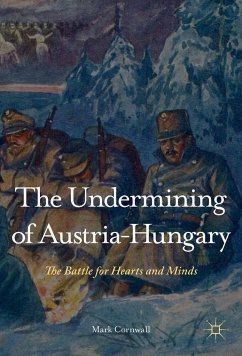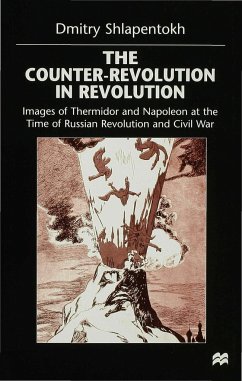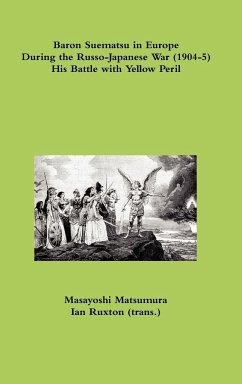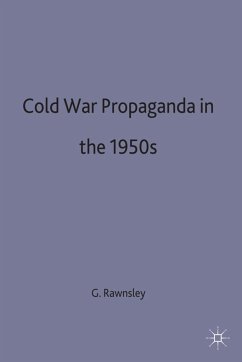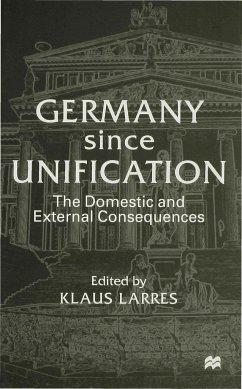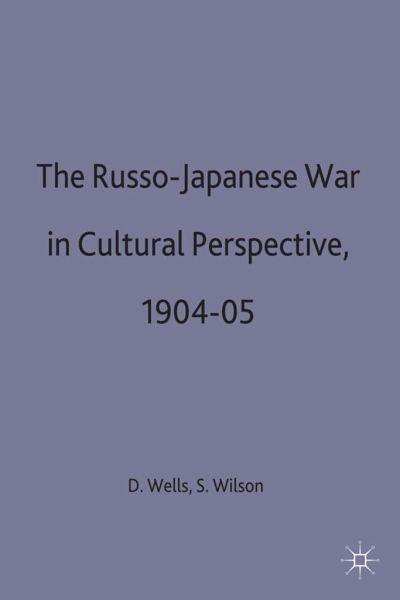
The Russo-Japanese War in Cultural Perspective, 1904-05
Versandkostenfrei!
Versandfertig in 6-10 Tagen
76,99 €
inkl. MwSt.

PAYBACK Punkte
38 °P sammeln!
The Russo-Japanese War of 1904-05 has been widely seen as a historical turning-point. For the first time in modern history an Asian and a European country competed on equal terms, overturning the prevailing balance of power. Based on a wide range of original source material in Russian, Japanese and other languages, this book goes beyond the military and international political grand narratives to examine the war's social, cultural, literary and intellectual impact in their historical context. In Japan the war reinforced the country's self-image as a 'coming' nation, while in Russia, combined w...
The Russo-Japanese War of 1904-05 has been widely seen as a historical turning-point. For the first time in modern history an Asian and a European country competed on equal terms, overturning the prevailing balance of power. Based on a wide range of original source material in Russian, Japanese and other languages, this book goes beyond the military and international political grand narratives to examine the war's social, cultural, literary and intellectual impact in their historical context. In Japan the war reinforced the country's self-image as a 'coming' nation, while in Russia, combined with the revolution of 1905 and later political and social upheaval, it was seen as separating the old régime from the new. Throughout the world, 'spirit' was seen to be a decisive factor, and cultural considerations determined the war's interpretation. Featuring contributions by established scholars in the fields of military history and the history and literature of both Russia and Japan, this book offers for the first time a comparative perspective on the symbolic meaning of the conflict.



